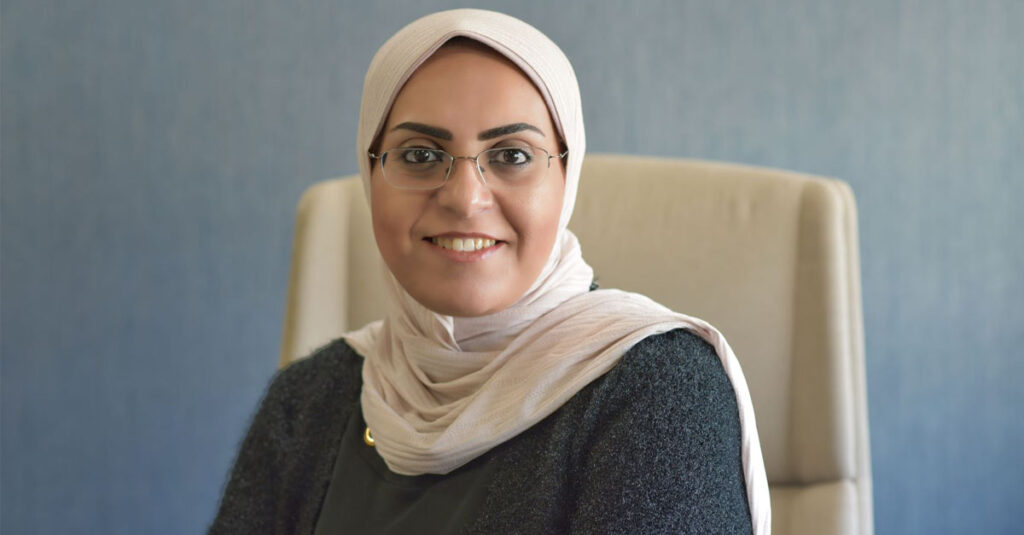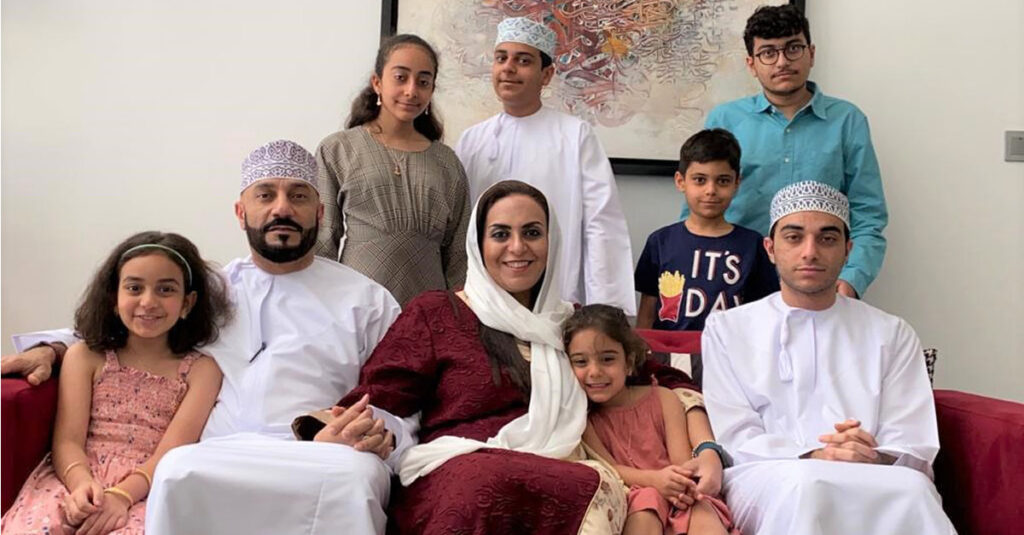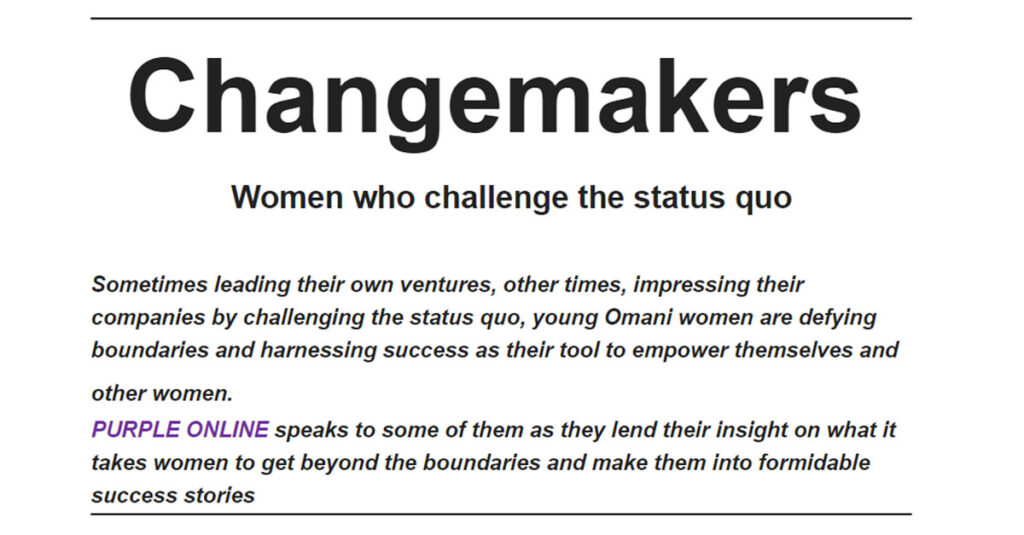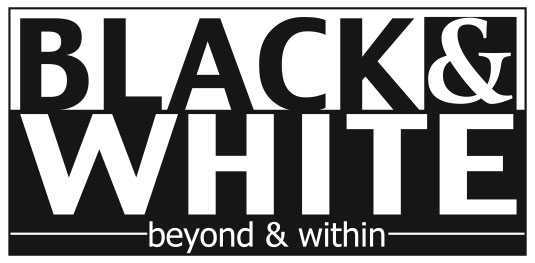
“It would be good to provide women with leadership positions as that will ensure societies to work a lot better than what it is today,” says Maha S.A. Kalmoor Al Raisi, head retail products, National Bank of Oman and board member, Al Bashayer Meat Company.
When a woman is given a chance to provide themselves in a senior position, more often than not, they succeed. “One recent study found that outcomes related to COVID-19, including number of cases and deaths were systematically better in countries led by women,” Maha adds.
Excerpts:
Women across the world in companies often get into a ‘gender double bind’ – when they become aggressive in their work, they are ‘insensitive’, when they exercise empathy, they are ‘indecisive’. Does it bother you?
Women and men do not materially differ in their leadership style or at being effective. But it is a fact that they (women) are not well and truly represented in most organisations especially in leadership roles.
I remember having read an article/research on the incongruity of women and the characteristics of traditional leadership styles. The research does seek to establish that if women were to act more like a traditional leader, they would be accepted in the role a lot more. Unfortunately this is not the case as there is this “double bind”, where women who demonstrate agentic leadership behaviour are not received well and become unpopular.
This does create a ‘catch-22’ situation.
What organisations need to do is to constantly raise awareness and help individuals to understand that the bias towards women leaders may be inaccurate, putting more women in leadership roles, which will make it less likely for people to see women as incongruent with leadership, developing/grooming more women for leadership roles, redefining roles and improving family leave policies.

The global pandemic was a sphere in which women leaders showed their mettle. What is this essence of a woman that helps them dismantle the usual narrative and help them veer their companies from disaster to success and beyond?
The world is changing every day. What was true about a decade back is not relevant today and especially the last year and a half, the world has had its share of challenge; many organisations, individuals, entities, parents, schools, children etc., are trying their best to cope and adapt to this unexpected “forced” change.
Women are the most heavily affected in the pandemic. They have been at the forefront of the battle especially in the healthcare sector, exposing them to greater risk of infection, whilst fairly under-represented in the leadership/decision making process. Moreover, due to gender inequalities across many dimensions, their jobs and income levels have also been significantly affected.
During these unprecedented times, women’s resilience, strength and contribution have been unmatched across all sectors/walks of life and most importantly in the health sector.
As a mother, wife, daughter and an ambitious career woman, it is a difficult skill to juggle every day. If we don’t plan and prepare ourselves every day, set a “routine” and prioritise, we will never be able to do justice to the multiple roles that women are required to perform/play.
Many qualities of women come to the fore in a crisis – how do they (or you) transpose this into the work ecosystem?
It is often said that when a company is in trouble, a female leader is put in charge to save it. When a woman is given a chance to provide themselves in a senior position, more often than not, they succeed. One recent study found that outcomes related to COVID-19 including number of cases and deaths were systematically better in countries led by women.
Another research noted that women were rated better leaders by those who worked with them when compared to men. The gap between men and women in the pandemic is larger indicating that women tend to perform better in a crisis based on the 360 degree assessment of extraordinary leaders where women were rated more positively on 13 out of 19 competencies in the assessment published by HBR.
The areas where they really stand out and probably able to work better than men include taking initiatives, agility to learn faster, inspiring and motivating others, developing teams, building relationships, displaying a high degree of integrity and honesty, greater teamwork, making faster decisions, driving results, providing more emphasis on diversity and valuing it, establishing stretch goals et al.
While you may argue that women are at present ruling the world, when will the time come when they will, without a doubt, rule the world?
In my humble view, women will continue to rule. The fact is that they ensure sustainability to future generations. However, for this to be a lot more wider, it would be good to provide women with leadership positions, involve them in the decision making process as this will ensure societies will work a lot better than what it is today. I strongly believe there will be a lot less violence, more peace and stability.
If women ruled the world, they would not remain fragile, they would stop being dependent and would therefore never be a victim, subjected to abuse. We need to ensure women are free, happy and warriors and not just homemakers.
What are the fundamental characteristics that help a woman shine in the corporate world?
Rolling stones never gather moss is an often used adage. We need to keep evolving and moving every day. Never stop learning as that is the only way we can progress as individuals and as mankind. I don’t want to be prescriptive or be limited to a topic but explore every opportunity to learn something new every day, be it in technology, listening to different genres of music, world politics, economy, health care…
If you examine the dynamic role of women in Oman, you will observe that women not only remain the backbone of societal continuity but have contributed to the development of this country in its ambition to be a modern, stable and optimistic state as it is today.
Women are integrated into the public area at many levels, especially in the areas of employment, industries and entrepreneurial sectors.
The driving force behind the integration of women in Oman’s renaissance has been our dear leader, the late His Majesty Sultan Qaboos bin Said, who encouraged women to serve alongside their male counterparts as equal partners in the development of our nation.
Irrespective of the gender, organisations need to be a lot more inclusive to be truly successful in any field, personal or professional.
The business people obviously need to be:
Energetic and motivated
* Willing to listen to others
* Determined to succeed
About: Maha Saud Al RaisiMaha Saud Al Raisi has extensive experience in the banking sector spanning more than 20 years. Maha joined the National Bank of Oman (NBO) family in 2014 as head of card business and is now head of retail products in the retail banking division. In addition to her work with the NBO, Maha also holds a position as board member of Al Bashayer Meat Company, a company under the Investment Authority of Oman.
Maha holds a post graduate diploma in business administration from the University of Hull, UK, as well as a bachelor of arts in management sciences with second class honours from the University of Strathclyde, UK.


0 Comments